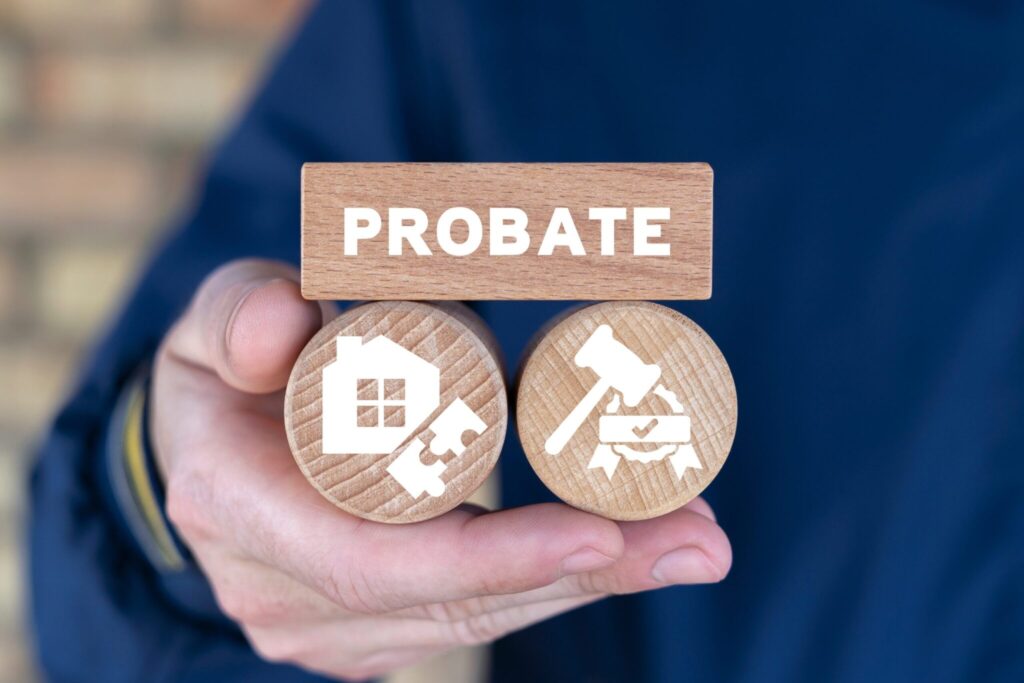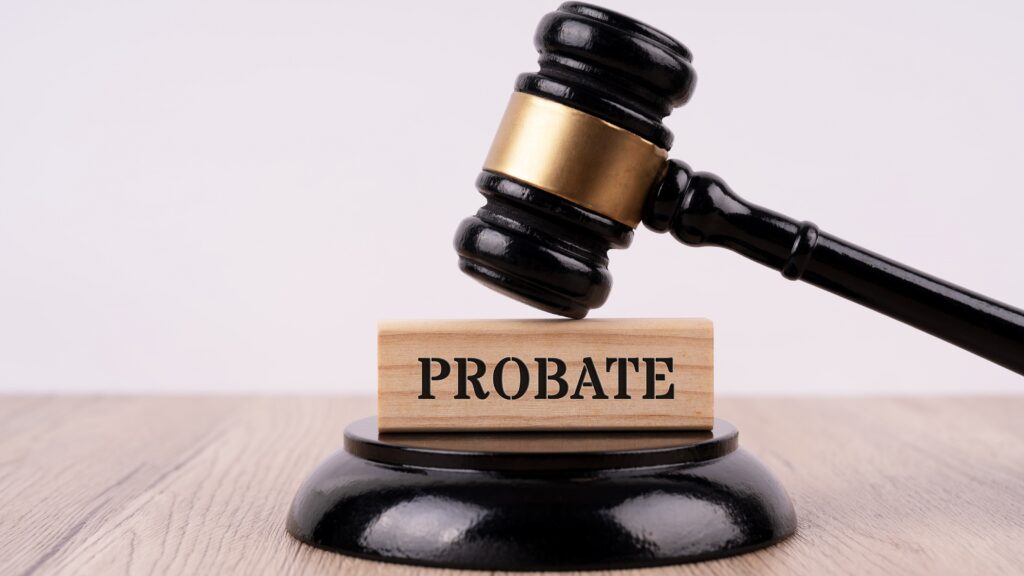Understanding Probate: Key Concepts and Terms
Probate is the legal process through which a deceased person's estate is administered and distributed. Understanding key concepts such as wills, executors, and intestacy is essential for anyone navigating probate paperwork.
For instance, a will is a legal document that outlines how a person's assets should be distributed after their death. An executor is the individual appointed to manage the estate, ensuring that debts are paid and assets are distributed according to the deceased's wishes. Familiarizing yourself with these terms can significantly ease the probate process.
The Role of an Executor in Probate
The executor plays a crucial role in the probate process, responsible for managing the deceased's estate from start to finish. This includes gathering assets, paying debts, and distributing property to beneficiaries.
Executors must navigate various legal requirements, such as filing the will with the probate court and providing necessary documentation. Understanding these responsibilities can help executors fulfill their duties more effectively and reduce the likelihood of legal complications.
Common Challenges in Probate Proceedings
Probate proceedings can be fraught with challenges, including disputes among heirs, complex estate assets, and the potential for contested wills. Recognizing these challenges is vital for anyone involved in the probate process.
For example, disagreements among family members over asset distribution can lead to lengthy court battles. Additionally, estates with significant real estate or business interests may require specialized legal knowledge to navigate. Being aware of these potential issues can help individuals prepare for a smoother probate experience.
Probate Alternatives: Exploring Your Options
While probate is a common process for estate administration, there are alternatives that may be more suitable for certain situations. Options such as living trusts or joint ownership can help bypass probate altogether.
Living trusts, for instance, allow individuals to transfer assets into a trust during their lifetime, which can then be distributed to beneficiaries without going through probate. Understanding these alternatives can provide individuals with more flexibility in estate planning and help streamline the transfer of assets after death.





